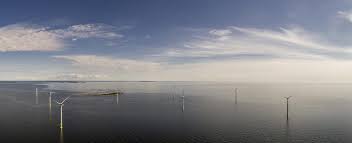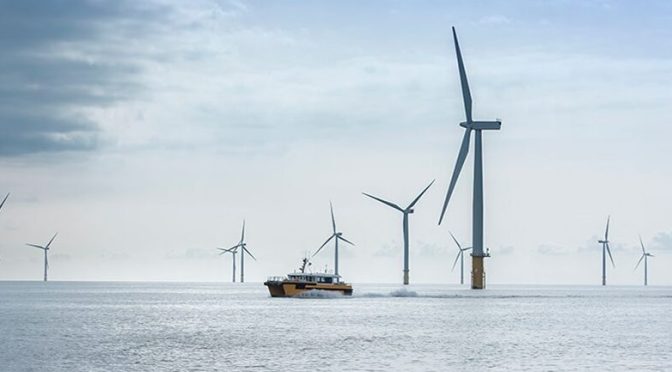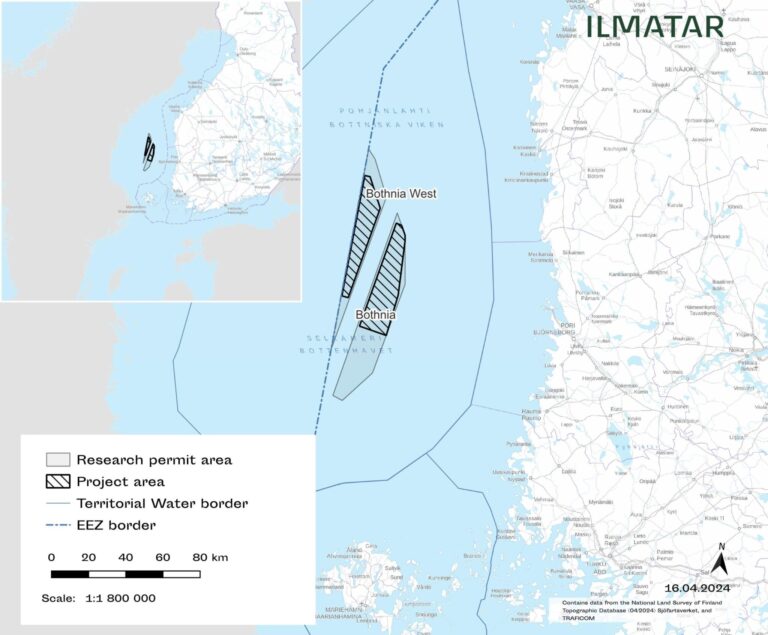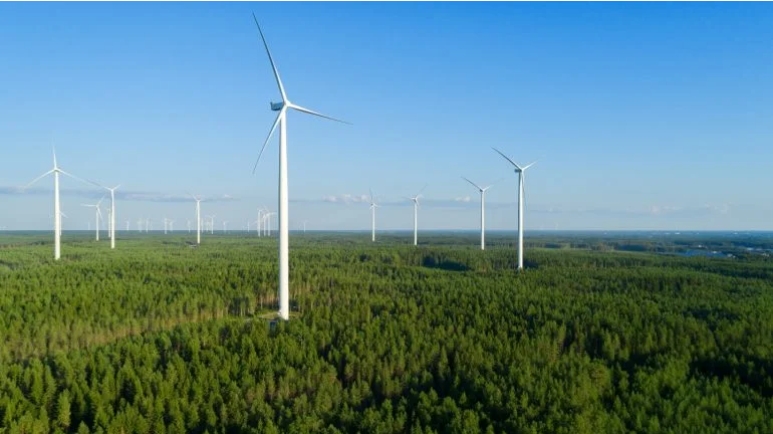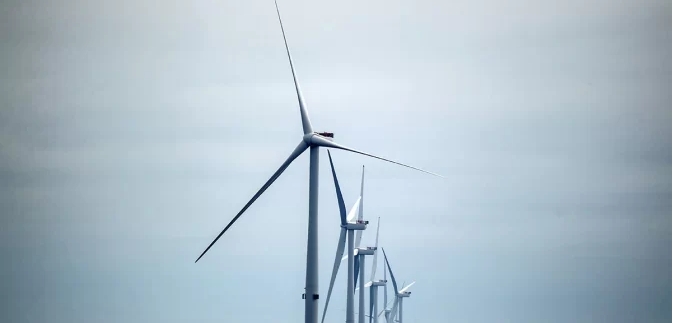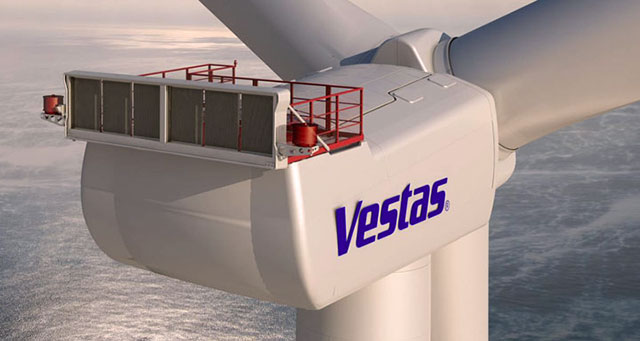
Green hydrogen, once considered expensive and complex, has emerged as a crucial component of the energy transition. Berlin is embracing this climate-neutral fuel and has unveiled a strategy for establishing an efficient hydrogen network.
The plan aims to replace a significant portion of the city’s gas consumption with hydrogen, ensuring a secure electricity system and heating networks even during the winter months.
In the first phase, by 2030, two major pipelines spanning a total length of 60 kilometers will be constructed. These pipelines will connect Berlin’s Vattenfall cogeneration plants to the nationwide hydrogen network, enabling the replacement of nearly 50% of the city’s total gas consumption with hydrogen. The eastern line will traverse the north-east of Berlin to Berlin-Mitte, while the western line will serve consumers in Wilmersdorf and Charlottenburg. The capacity for both lines is planned to exceed 500 megawatts.
The Gasag subsidiary NBB plans to repurpose existing gas lines for the hydrogen network, resulting in comparatively low investment costs. By avoiding the need for new routes within the city, the implementation process can be accelerated. Technical reports, supported by organizations like TÜV, have already certified the suitability of the eastern transport line for hydrogen. Similar certification is expected for the Berlin-West line, which will determine necessary investments in systems and fittings.
In the second phase, targeted for completion by 2040, industrial companies and residential areas will be integrated into the hydrogen network. An additional 150 kilometers of high-pressure pipeline will be prepared for hydrogen transport, facilitating the connection of consumers with a capacity of over 30 megawatts. This phase aims to achieve a 60% decarbonization of current gas transport and offers more flexibility in designing and connecting hydrogen network customers.
Gasag CEO Georg Friedrichs highlights the importance of hydrogen in storing renewable energy generated from wind and solar sources. Furthermore, transporting hydrogen through pipelines is more cost-effective compared to transmitting electricity via cables.
Economics and Energy Senator Franziska Giffey hails the hydrogen infrastructure plans as historic and likens them to the construction of the first electricity plants. Berlin aims to achieve climate neutrality by 2045 and sees hydrogen technology as a vital tool in this transition. With its extensive district heating network and reliance on district heating for 28% of heat supply, Berlin possesses favorable conditions for a successful heat transition.
